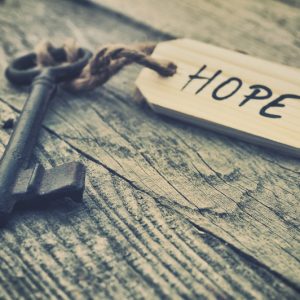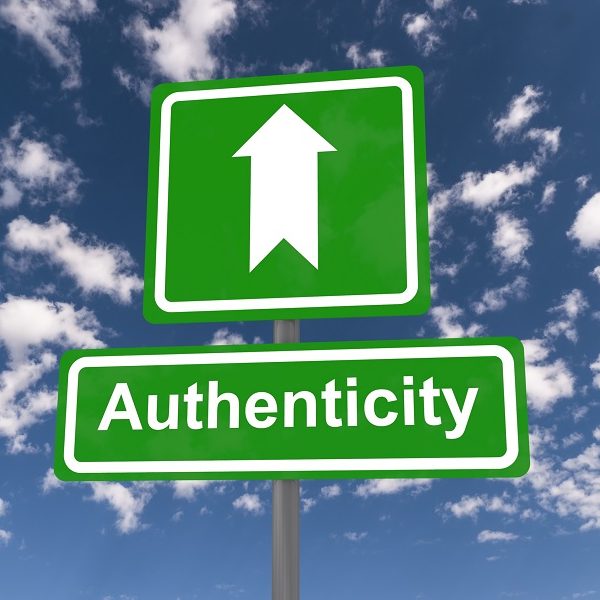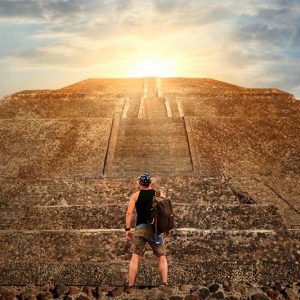Finding Your FAITH: Part 5
This is the final blog in a 5 part series about rediscovering and strengthening your faith. While we each grow up in a different environment, we all learn about traditions, family values, and cultural practices. We may even be raised in a household with specific religious beliefs. Then, as adults, we have the opportunity to make our own decisions about what we choose to believe based on all we’ve learned growing up.
That brings to mind a question whose answer could limit our behavior based on what’s happening around us. Is what we believe religion or faith? Religion is really more about rules and practices while faith reaches to the core of what you believe about your creation, your life, and even your own mortality. During challenging times, it’s common to question your faith by exploring what you truly believe. With the uncertain times we’re living in right now, I know I’m even exploring my own faith. I’m not sharing my thoughts and perspectives to praise or criticize anyone’s beliefs. I use my own road as an example of how to navigate the journey on your way to finding your faith. Over the next five months I want to encourage you to explore five unique elements of faith that will help you clarify what you believe and give you the confidence to live your life in genuine response to those beliefs.
Part 5: HOPE
Some of my fondest memories are of Christmas with family. Growing up, the holidays were filled with joy and laughter. Of course, that’s what happens when you get 16 cousins together on Christmas Eve. Add some great food, lots of cookies, that Strawberry Punch, and, oh yes, a visit from Santa. The evening usually ended with all of us filling the first few rows of pews for a Midnight Mass.
As my Dad’s parents got older, my Dad and his siblings took turns hosting Christmas Eve. In more recent years, with my siblings living in different places, Barb and I have hosted Christmas. This holiday tradition will continue in our family for generations. However, I will always fondly remember Christmas with my cousins.
What made it so special was partially the anticipation because we didn’t see them too often. We lived in the northwest suburbs of Chicago, and the other 12 cousins lived on the south side. We also found a way to put aside the challenges of the day to enjoy the opportunities we had to spend time together.
Toward the end of the evening, as we took our seats at church, it was tough to stay awake after such a crazy evening. Then, the choir would belt out “Joy to the World”, or some other Christmas song, and we’d again be energized. It’s probably been 30 years since we celebrated Christmas with all 16 cousins.
I realize that this year will not be a typical Christmas. Barb and I will spend a quiet Christmas Eve with my parents. It seems the global pandemic has made it more difficult to find joy. However, joy is not an external result. Rather, it’s an internal choice. How do we find joy in these times?
When we lived in Illinois, I loved going for a walk while it was snowing or just after a snowfall. The snow was so fresh that, with each step I took, it didn’t even crunch. There was an amazing lack of noise. It was so quiet as if the snow muffled every other sound around me. In that silence, I found peace. In our hectic lives, that seem even more so during the holidays, we rarely take time to seek out the silence.
However, peace is about more than quiet. It’s about calm. Like joy, peace too is a choice. I’ve heard people say, “You can’t have peace without war”. Well, I choose to think about that differently. I say, “You can’t have peace on the outside, until you have peace on the inside”.
The decisions we make, the anger and bitterness we keep, and the shame or regret that we can’t seem to let go. All of these things rob us of internal peace. External peace, or the lack of it, is a symptom of the lack of internal peace. How, in these chaotic times, do we find peace?
It’s possible through hope. With Christmas fast approaching, I find it challenging to talk about hope as we face so much uncertainty in the world. Yet, perhaps it’s the perfect time to talk about hope. The Christmas season is as much about hope now as it was more than 2,000 years ago. The culture, the political climate, and the struggles people faced then aren’t so different from what we’re experiencing now. People were hoping for a savior to bring peace into a chaotic world.
When we think of Christmas, we think of Jesus as a baby, but it’s what he did as an adult that truly changed the world. While the people of that day hoped He would replace their current leaders by becoming the new king of their land, they were surprised when He didn’t. Rather, he became a different kind of leader bringing people into a friendship with Him and ultimately a restored relationship with God.
For me, that internal peace became eternal peace when I put my trust and my hope in Jesus. Faith, as we have explored, begins with a strong Foundation regarding your beliefs and values. Then, it grows through your authentic relationships with God and the people around you. As your faith grows, you become inspired to create, to communicate, and to share your faith and your gifts with others. These opportunities present themselves as we trust God, and establish relationships and build trust with those around us. This process of finding our faith ultimately leads to hope.
More than 2,000 years ago, the people hoped Jesus would become their ruler. He has, but not within the government. Instead, He rules in the heart of each Christian (follower of Jesus Christ).
Today isn’t much different. We are each struggling with the circumstances of the day. However, the hope that we have can help bring joy and peace into our own hearts and into the lives of others. None of us is perfect, and we all fall short of the glory of God. The price of that imperfection is death. However, there is good news. Just as those people hoped 2,000 years ago, Jesus did come to save us all.
Faith says we have confidence and trust in God and Jesus. God, the creator of the universe, sent His son Jesus Christ to live a perfect life, and die on a cross as a sacrifice for all of us. His sacrifice restored our relationship with God, and we have hope for a future. Not just a future here on Earth, but of eternity in Heaven.
Hope is this optimistic attitude based on our own expectations or desires. Is it realistic to hope for things? Yes, as long as we truly believe they are possible. What are you hoping for this year? What are your hopes for the future?
I hope that this, my final blog, inspires you to find joy, peace, and hope. As I look to the next chapter of my work, I hope the book I’m about to release reaches lots of people with its message of how to navigate beyond perceived limitations. I hope that in-person learning will resume soon. I hope to return to full-time work as a facilitator and motivational speaker.
On a personal level, I hope for the health, safety, and success of my family and friends. I even hope that people I have yet to meet find joy, peace, and hope in their own lives.
As kids, we made Christmas lists of all that we wanted and wished for. Rather than wishing for things, consider putting your hope in Jesus. We celebrate His birth at Christmas. We reflect on His death and rejoice in His resurrection at Easter. He is alive, and wants to live in each of us. If you’re still hoping for a savior to bring peace into this chaotic world, consider placing your hope in Jesus.
Merry Christmas!





